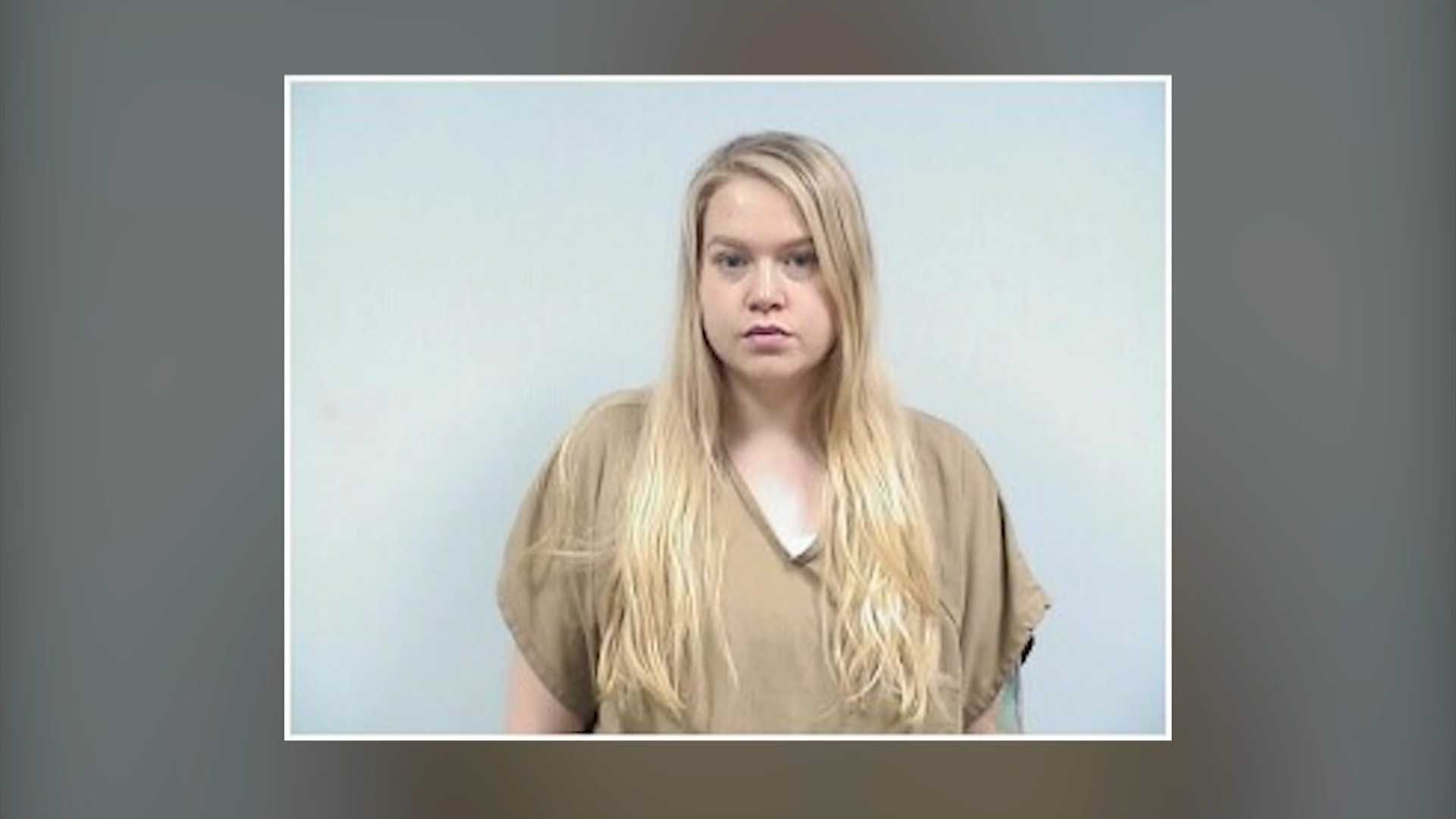News
PNC Agent Under Investigation for Sharing Student’s Intimate Videos

GUATEMALA CITY, Guatemala — The National Civil Police (PNC) has launched an investigation into one of its agents accused of distributing intimate videos of female students at the police academy. The inquiry began after authorities discovered the images showing female students while bathing or undergoing medical examinations on campus.
David Custodio Boteo, the PNC director, stated that the individual responsible for leaking the videos has been identified. “This is a very complicated issue that could lead to criminal charges,” Custodio said during a session with lawmakers.
The director explained that the head of the PNC’s Sexual Crimes Department reported the incident. “According to Article 190 of the Penal Code, anyone who shares sexual videos without consent could face two to four years in prison,” he added.
The videos reportedly show a group of women bathing in the police academy’s facilities. Custodio emphasized that designated areas are available for students; however, some choose to use buckets instead. “Sometimes, due to time constraints, students opt for very quick showers. This occurs not only among women but also among men,” he noted.
Abelardo Cucul Maaz, the PNC’s Deputy Director of Studies and Doctrine, clarified that students are prohibited from bringing cell phones into the academy. “Everything they bring is inspected prior to entry, including clothing and items for their stay,” he said.
Authorities revealed that initial findings suggest an on-duty officer leaked the images, while investigations also explore whether an outsider recorded them. “It might have been someone working at the location. The one who uploaded was a police officer, but we believe the recording could have been made by an external party,” Custodio explained.
Concerns were raised by lawmakers regarding security measures at the academy that might allow outsiders to record videos on campus. “I worry about the lack of oversight. If it’s someone from an external company, it is even more concerning that they can access the space without supervision,” Chic, a congressman, stated.
Cucul dismissed the possibility that employees of the contracted company took the videos, asserting that they do not stay overnight at the academy. “These videos were likely taken in the morning, which leads me to believe they were filmed by an on-duty officer,” he concluded.
Esteban Celada, a human rights lawyer, described the legal implications of sharing intimate images without consent. The 2009 Law Against Sexual Violence, Exploitation, and Human Trafficking included reforms to Article 190 of the Penal Code, which now recognizes the crime of violation of sexual privacy.
These legal changes aim to protect individuals’ sexual privacy by imposing penalties on those who capture, access, or distribute sensitive personal content without consent. Under this law, repeat offenders could face prison sentences of one to four years, reflecting serious consequences for breaches of privacy.












